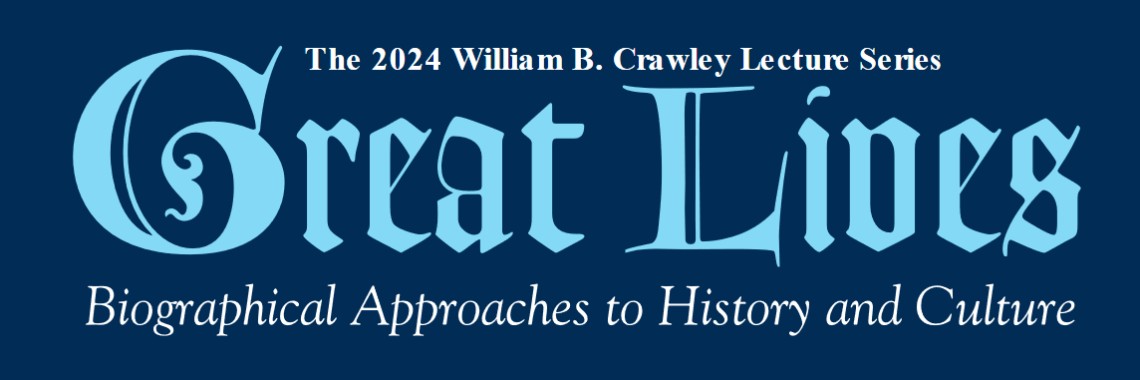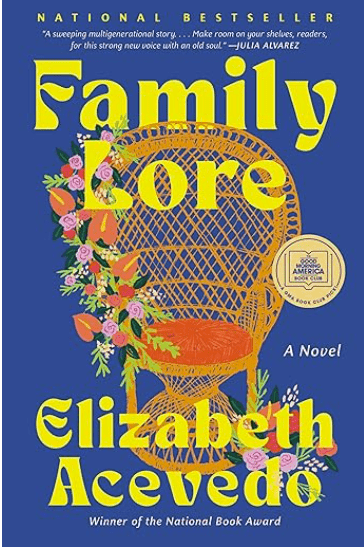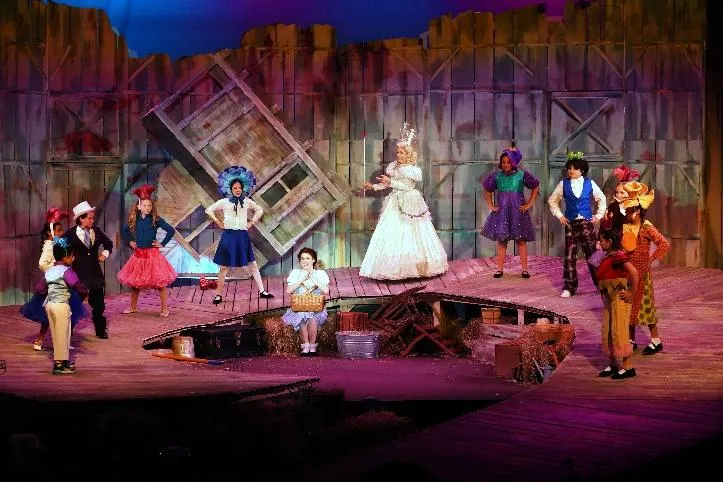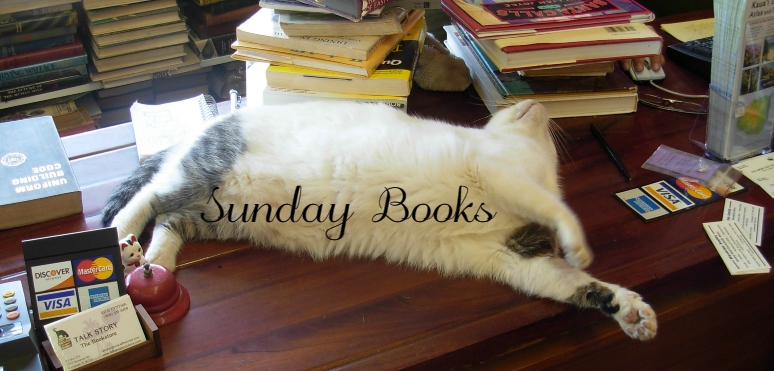
Kristen Green will speak about her new book “The Devil’s Half Acre” on Thursday; she attended UMW because of William Crawley.
by Adele Uphaus
MANAGING EDITOR AND CORRESPONDENT
When Kristen Green was in high school, she worked at Green Front, a furniture store in her small hometown of Farmville, Virginia.
It was 1991, back in the days when “you would write out receipts for people,” Green said.
One day, as she wrote out a receipt for a couple checking out, she noticed that they had a Fredericksburg address.
“I said, ‘Oh, I’m about to go to Fredericksburg soon. I’m going to visit Mary Washington College,’” Green recalled.
The man excitedly pulled out a legal pad and wrote down his name and phone number and told her to give him a call when she was in town.
He was William Crawley, a professor of history and American studies at the college.
Green was trying to decide between Mary Washington College and James Madison University at the time. She did call Crawley, and he encouraged her to attend Mary Washington.
“Just that encouragement helped me choose Mary Washington,” Green said. “Coming from a small town, I didn’t want to go somewhere where I was just a number.”
Thirty-three years after Crawley convinced her to attend what is now the University of Mary Washington, Green is returning to her alma mater to speak about her latest book as part of the Great Lives Lecture Series—which in 2016 was renamed in honor of Crawley, its founder.
“It just feels like coming full circle to have met Dr. Crawley all those years ago and be able to come back as a scholar speaking at his lecture series,” Green said.
Green’s subject is her second book, The Devil’s Half Acre, which tells the story of Mary Lumpkin, an enslaved woman who lived much of her young life in the notorious Richmond slave jail owned by Robert Lumpkin, her enslaver and also the father of her five children, the first of which was born when Mary was 13.
When Robert Lumpkin died shortly after the end of the Civil War, he left the jail to “the woman who resides with me,”—Mary. She then turned it into a school for free Black men that laid the groundwork for what became Virginia Union University.
Green stumbled upon Lumpkin’s story in 2011 as a result of research for another story she was assigned to cover while working as a reporter for the Richmond Times-Dispatch.
That story was about activists working to reclaim an African American burial ground in Richmond’s Shockoe Bottom, which was located next to Lumpkin’s jail.
The jail was a holding facility for enslaved people before they were sold and sent further south.
Green was struck by the fact that Mary Lumpkin was able to operate with some degree of agency on behalf of herself and her children within the confines of her situation as an enslaved woman.
Mary sent her two oldest daughters by Robert to be educated in Massachusetts, a free state, in 1857; she was able to purchase a home in her own name in Pennsylvania where she sent her remaining children to live as free Blacks in 1858. And she was able to join them herself in 1860.
Though Mary Lumpkin essentially freed herself, she still returned to Richmond after the war and agreed to lease the former jail to Nathanial Colver, a white minister with the American Baptist Home Mission Society, organization that wanted to establish a school for Black men.
Most white landlords weren’t interested in renting their property to a group that wanted to educate Black men, Green said, but Lumpkin had always prioritized education.
“People had referred to the jail as ‘the devil’s half acre’,” Green said. “Mary turned it into ‘God’s half acre.’”
Green said Lumpkin’s story is important because there are so few known stories of enslaved women.
“Their histories have been intentionally erased,” she said. “Most enslaved women couldn’t do what Harriet Tubman did because they had children. There were a lot of women who had to use whatever agency they could find. And they did. Mary Lumpkin wanted her children educated and freed, and she achieved that.”
Green’s free talk on Mary Lumpkin will take place on Thursday, February 8, at 7:30 p.m., in Dodd Auditorium on the UMW campus. Doors open at 6:30 p.m.





